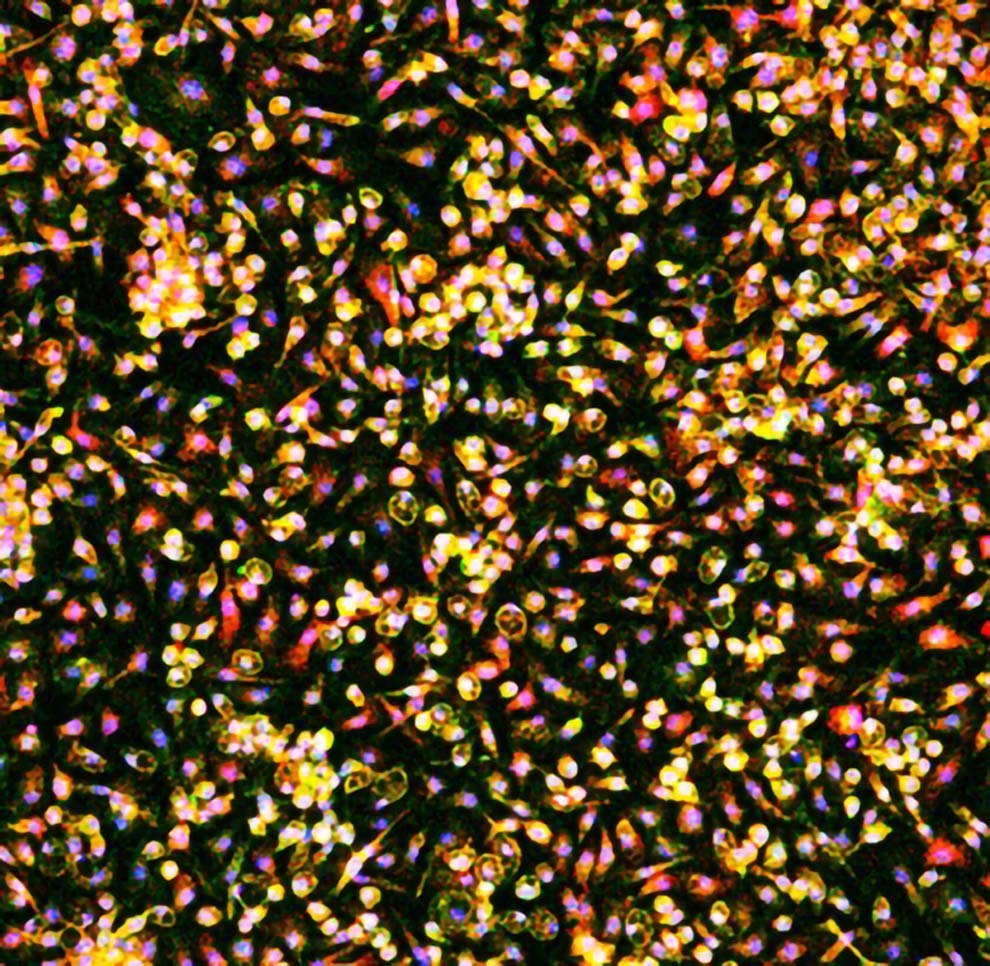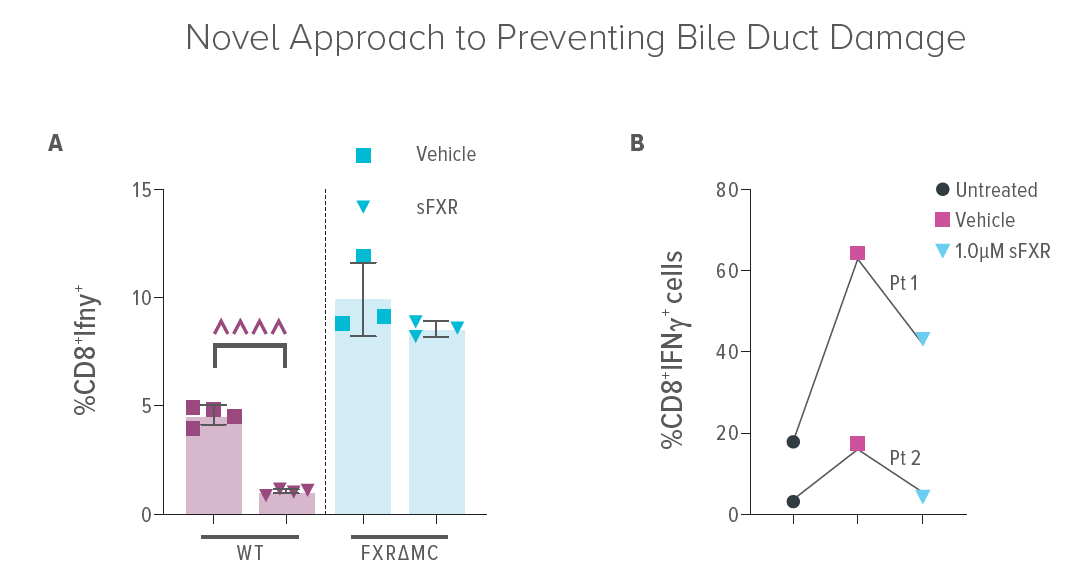Systemic FXR Agonists Emerge as Potential Treatment for Cholestatic Liver Diseases
Research By: Tiffany Shi, MD/PhD student | Astha Malik, PhD
Post Date: December 14, 2022 | Publish Date: Dec. 14, 2022
Gastroenterology, Hepatology and Nutrition | Top Scientific Achievement


When children are born with rare liver diseases like biliary atresia, they ultimately need an organ transplant to survive because the main duct that carries bile from the liver to the intestine fails to function. But what if there was a way to protect bile ducts from the inflammatory injury associated with these diseases?
A study led by first authors Tiffany Shi, an MD/PhD student, and Astha Malik, PhD, along with corresponding author Alexander Miethke, MD, suggests that such protection may be possible.
The team focused on understanding the role of the immune system’s macrophages in responding to diseased tissue. Bile duct damage, whether present at birth or acquired later, leads to bile acids damaging the liver and triggering an inflammatory immune response, ultimately resulting in organ failure.
The researchers discovered that the immune response, rather than just the direct toxicity of bile acids, significantly contributes to organ damage. They went on to demonstrate in mouse models of sclerosing cholangitis that this response can be controlled by activating the farnesoid X receptor (FXR) within macrophage cells. FXR activation reduced production of inflammatory cytokines and constrained unwanted T cell multiplication. This protective effect was further confirmed in studies of immune cells from patients with liver diseases.
Next steps include selecting or developing an ideal FXR agonist to eventually begin human clinical trials. “Suitable FXR agonists need to be systemically active, and activate FXR in inflammatory cells and not only in liver cells,” Miethke says.

View more discoveries from 50 research divisions and areas
Return to the 2023 Research Annual Report main features
| Original title: | Farnesoid X receptor antagonizes macrophage-dependent licensing of effector T lymphocytes and progression of sclerosing cholangitis |
| Published in: | Science Translational Medicine |
| Publish date: | Dec. 14, 2022 |
Research By









